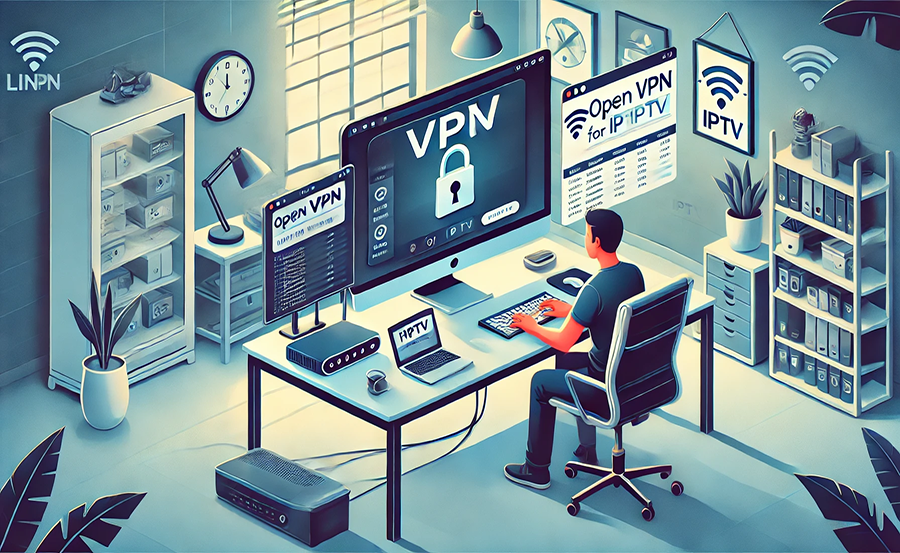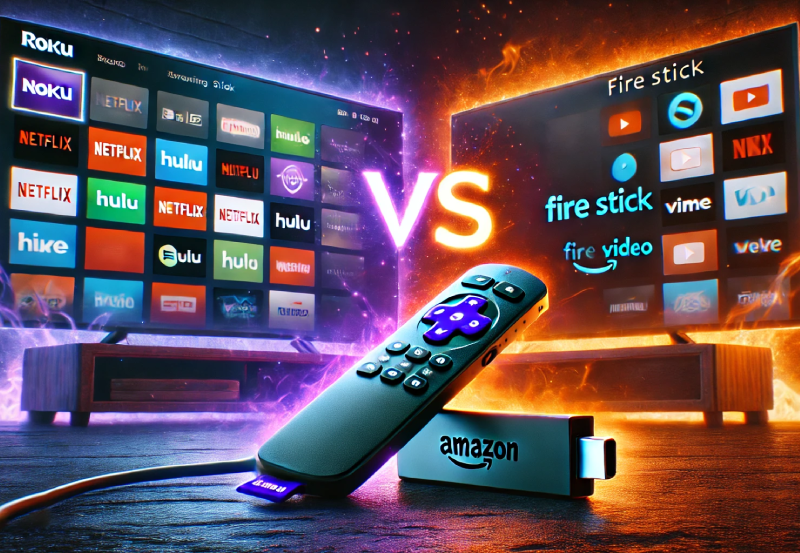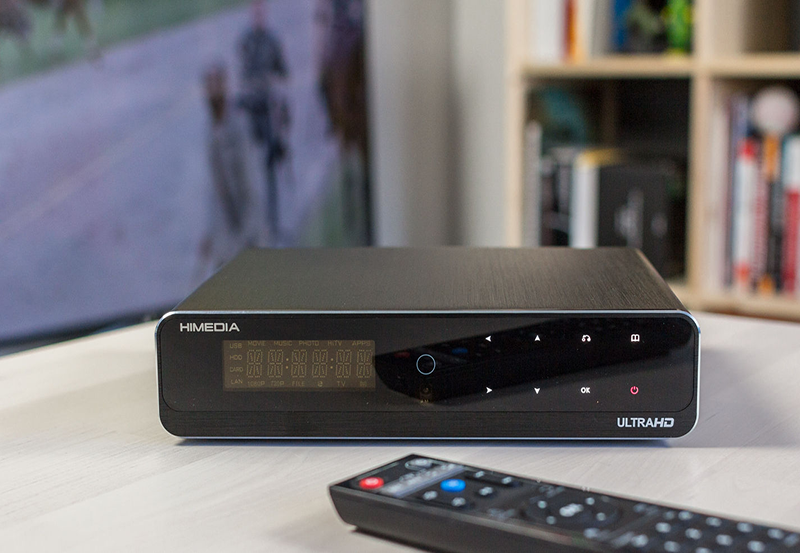Virtual Private Networks, or VPNs, have become a staple in the toolkit of any savvy internet user. They offer privacy, security, and the ability to bypass geo-restrictions, making them particularly important for Linux IPTV streamers. But have you ever wondered about the logs your VPN might be keeping? Understanding these logs is crucial for maintaining privacy and optimizing your streaming experience, especially with services like DuplexIPTV and Best IPTV UK. In this article, we will explore everything Linux IPTV streamers need to know about VPN logs.
Why VPN Logs Matter to IPTV Streamers
The Essence of VPN Logs
VPN logs are essentially records of your online activities. Different VPN providers log different types of data, ranging from connection timestamps and bandwidth usage to, in some cases, IP addresses and websites visited. For streamers using services like DuplexIPTV or trying to enjoy UK IPTV, understanding these logs can be crucial in maintaining your privacy.
While not all logs are inherently bad, they can pose risks depending on what is being logged and how it could be used. That’s why knowing the logging policy of your VPN provider is essential.
Smart Insight:
Unlock premium UK entertainment with XtremeHD UK, offering crystal-clear live TV and on-demand content.
Impact on Streaming
Logs can indirectly affect your streaming quality. For instance, if a VPN provider tracks bandwidth usage, it might throttle your connection after exceeding a certain limit, potentially impacting your ability to stream high-quality content without buffering. For Linux users enjoying IPTV streams, that’s an experience you’d want to avoid.
Furthermore, keeping user logs might allow identifying and blocking your streaming activities, especially with geographically restricted content you access via Best IPTV UK.
Different Types of VPN Logs
Connection Logs
Connection logs include data like timestamps, which record when you connect to or disconnect from the VPN. This information is often used for troubleshooting and network maintenance. For most streamers, this type of logging is generally harmless, but it is vital to know that it exists.
Usage Logs
Usage logs include details about your activities on the internet, such as visited websites or files downloaded. This is more intrusive and could pose privacy concerns, particularly if streamers are accessing restricted or sensitive content.
When you’re streaming UK IPTV on Linux, preventing unnecessary exposure of your online behavior should be a priority.
Precautions for Streamers
- Choose VPNs with strict no-log policies.
- Regularly review updates to the VPN terms of service.
Legal Implications and Depending Factors
The Legal Landscape
Understanding the jurisdiction where your VPN provider is based is critical, as laws regarding data retention and privacy compliance vary. Some countries require mandatory data retention, which means selecting a VPN based in these locales might compromise your privacy even if the VPN itself claims not to log user data.
This is particularly important for IPTV streamers who utilize DuplexIPTV, as global streaming can expose legal complexities.
Factors Influencing VPN Logging Policies
Several factors can influence a VPN’s logging policy, including the company’s business model and the country’s regulations. VPN services based in privacy-friendly countries often have more rigid no-log policies, providing better peace of mind for users.
Choosing the Right VPN for IPTV Streaming on Linux
What to Look For
When selecting a VPN for streaming IPTV on Linux, look for ones that offer high-speed connections, as well as robust security features. A VPN’s privacy policy should clearly outline its logging practices, ideally with independent audits or transparent reports to back up its claims.
Compatibility with IPTV services like DuplexIPTV and Best IPTV UK should also be a consideration, ensuring seamless service and accessibility to desired content.
Recommended VPNs for IPTV Streamers
There are several popular VPNs known for their strong privacy policies and suitability for streaming. Based on user reviews and privacy stance, some recommended options include:
- NordVPN
- ExpressVPN
- Private Internet Access
These options are favored for their no-log policies and efficiency in bypassing geo-restrictions, enhancing the enjoyment of UK IPTV services.
Practical Tips for Using VPNs with IPTV on Linux
Optimizing Connection Speeds
To ensure seamless streaming with your IPTV setup on Linux, maintaining optimal connection speed is vital. Make sure to choose a VPN server that is geographically close, as this can help reduce latency and speed up your connection.
Consider switching to different servers during peak times to minimize congestion, improving the overall streaming experience.
Maintaining Security and Privacy
Beyond just selecting the right VPN, keeping your software updated is crucial. Regular updates bring in security patches that protect you from vulnerabilities.
Moreover, configure your VPN to automatically connect upon system startup to avoid unsecured connections, ensuring you’re always protected while enjoying IPTV content.
A Look Ahead: The Future of VPNs and IPTV Streaming
The landscape of VPNs and IPTV is constantly evolving, with emerging technologies and changing regulations that could impact streamers’ strategies. Staying informed about these changes is key to continuously enjoying a seamless and private streaming experience using platforms like DuplexIPTV and Best IPTV UK.
Future trends might bring even tighter privacy laws or technological innovations that change how VPNs handle logs and protect user privacy. Keeping an eye on these developments will empower Linux IPTV streamers to make better decisions.
Adapting to Changes
Having a flexible setup and willingness to adapt your VPN strategy will serve you well in the future. This includes being open to new services and potentially switching VPNs if current providers don’t adapt to the changing regulatory landscape.
Enhancing Your Streaming Experience
Ultimately, the goal is to enhance your IPTV streaming experience by integrating VPNs that prioritize privacy without compromising your service. Understanding how these elements work together will provide a more enriching viewing experience, letting you focus on what truly matters: the content.
Frequently Asked Questions

What are VPN logs and why should I care?
VPN logs refer to data that some VPN providers may record detailing your use of their service, including connection times, IP addresses, and browsing history. Understanding these logs is crucial because they impact your privacy – especially important if you’re streaming IPTV content that might be geo-restricted.
Do all VPN providers keep logs?
No, not all VPN providers keep logs. It depends on their privacy policy and the laws of the country where they are based. Always choose a VPN that has a strict no-log policy to ensure your activities are not being recorded.
Is using a VPN legal when streaming IPTV?
Using a VPN is generally legal in most countries for privacy and security reasons. However, be cautious about the content you access, as using a VPN to access geo-blocked content might violate terms of service depending on the IPTV provider.
How can VPN logs affect my IPTV streaming experience?
VPN logs can affect your streaming if the provider logs bandwidth usage and throttles speeds based on your data. It might also impact your privacy, especially if you’re trying to access geo-restricted content discreetly.
Which VPNs are best for Linux IPTV streaming?
Some of the best VPNs for Linux IPTV streaming are those with robust security protocols and strict no-log policies, such as NordVPN, ExpressVPN, and Private Internet Access. They offer good speed and strong privacy, enhancing your streaming experience.
Why is the location of a VPN provider important?
The jurisdiction in which a VPN provider operates determines the legal requirements they must adhere to, including data retention laws. A provider located in a privacy-friendly jurisdiction is generally better for maintaining your privacy.
Can VPNs bypass all geoblocks for IPTV?
While VPNs can often bypass geoblocks, it depends on the VPN’s ability to regularly update its server list and avoid detection by streaming platforms. Some VPNs are more adept at this than others, so it’s crucial to pick one known for effectively bypassing restrictions.
Assessing Kodi’s Place Among Linux IPTV Players





